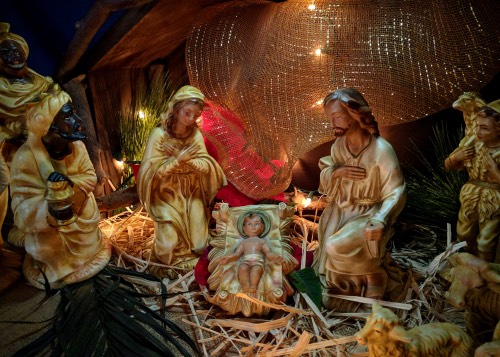For God so loved the world that he gave his only Son, so that everyone who believes in him may not perish but may have eternal life. -John 3:16
Dear members and friends,
Understanding the meaning of the very well-know word “love” took me a long time. When I was a child, I never even heard of the word simply because there was no one who told me, “I love you, Junchol.” The first time I heard the phrase, “I love you,” was from my mother, but only after she had disappeared from my life five years earlier without another word. Suddenly, she shows up and says she loves me? At that time, I understood love as missing or wanting to see someone. Afterward, my mother frequently used this word “love”, yet mostly in very confusing contexts. Eventually, I learned that love was simply a word used when you expect the other person to be nice to you, to forgive you, or when you want to manipulate someone.
The confusion about the meaning of love continued all the way through my teens and it started to cause a deep pain and a serious degree of vanity in my heart. The apparent truth at the time was that there was no one who truly loved me, only people who said it when they wanted something from me. I wanted to be loved by someone – anyone – but only faced one disappointment after another. This continued until I had a small enlightenment with my Daoistic practice and meditation. I was reading about the highest virtue as the nature water in Lao-zi: “Water has three special characteristics: 1. It nurtures a myriad of things; 2. It naturally flows wherever nature takes it; 3. It resides in lowly places despised by people.” With this, the teaching of Jesus in John 3:16 came to my heart. Then, it dawned on me that the true meaning of love is not so much about wishing to be loved, but about being capable of loving someone besides oneself. In a way, wishing to be loved is expecting others to behave in such a way that pleases only oneself. In other words, it is living in a world of one’s expectations of others, which is often the cause of many disappointments. The importance of love, therefore, is not about expecting others to behave kindly toward you or do nice things for you, but about being willing to do kind things and be nice to others for their sake. The power of love becomes real and actual not when you expect to be loved, but when you are loving others for their sake. This truth first became real to me when my wife came into my life and then fully confirmed with the birth of my two children.
My friends, wishing to be loved is a kind of innate nature instilled within us, but willing to love others for their sake comes from effort and cultivation. Let us focus on how to love others for their sake in this season of love.
Blessings, Rev. Junchol Lee

